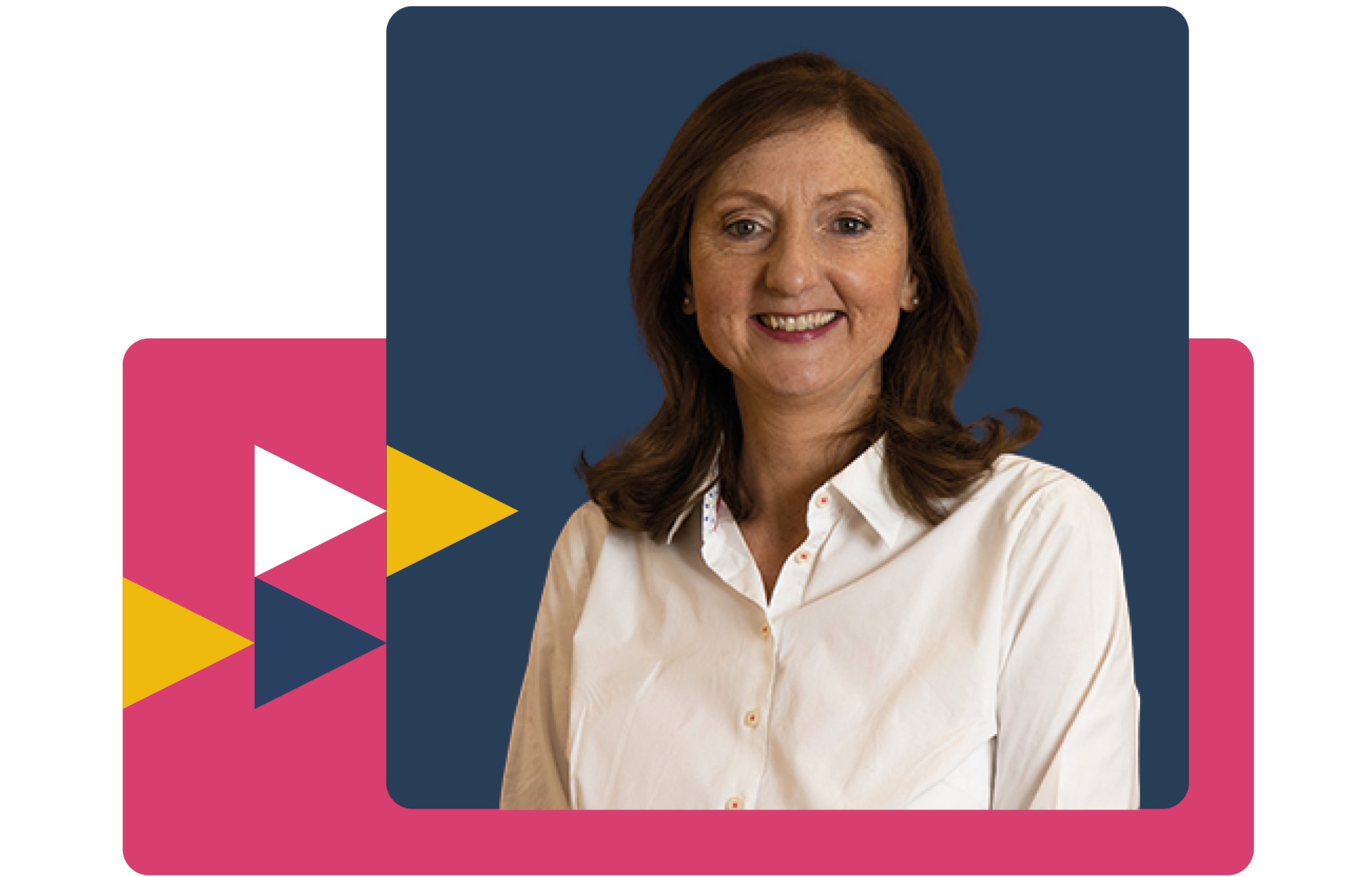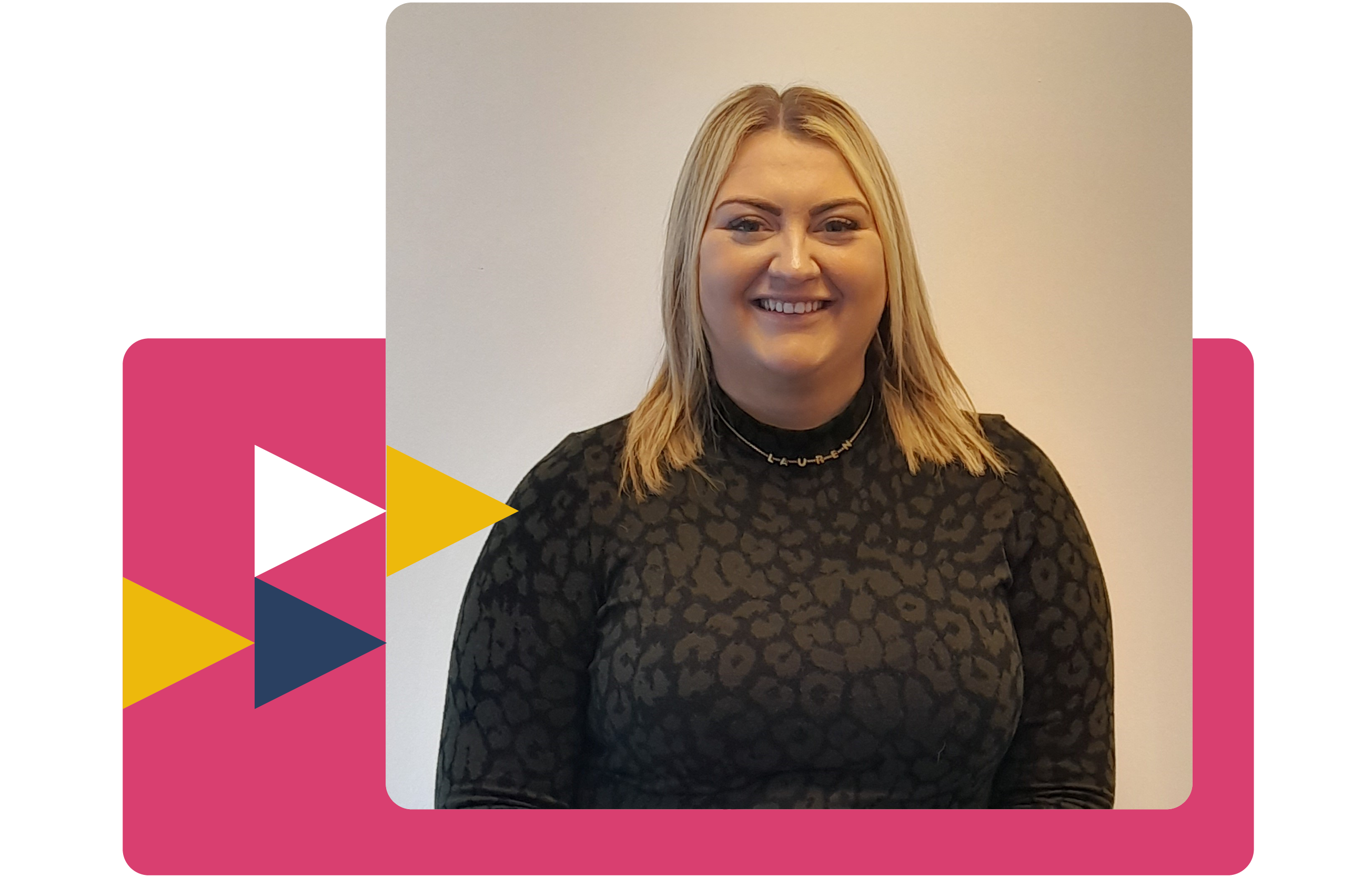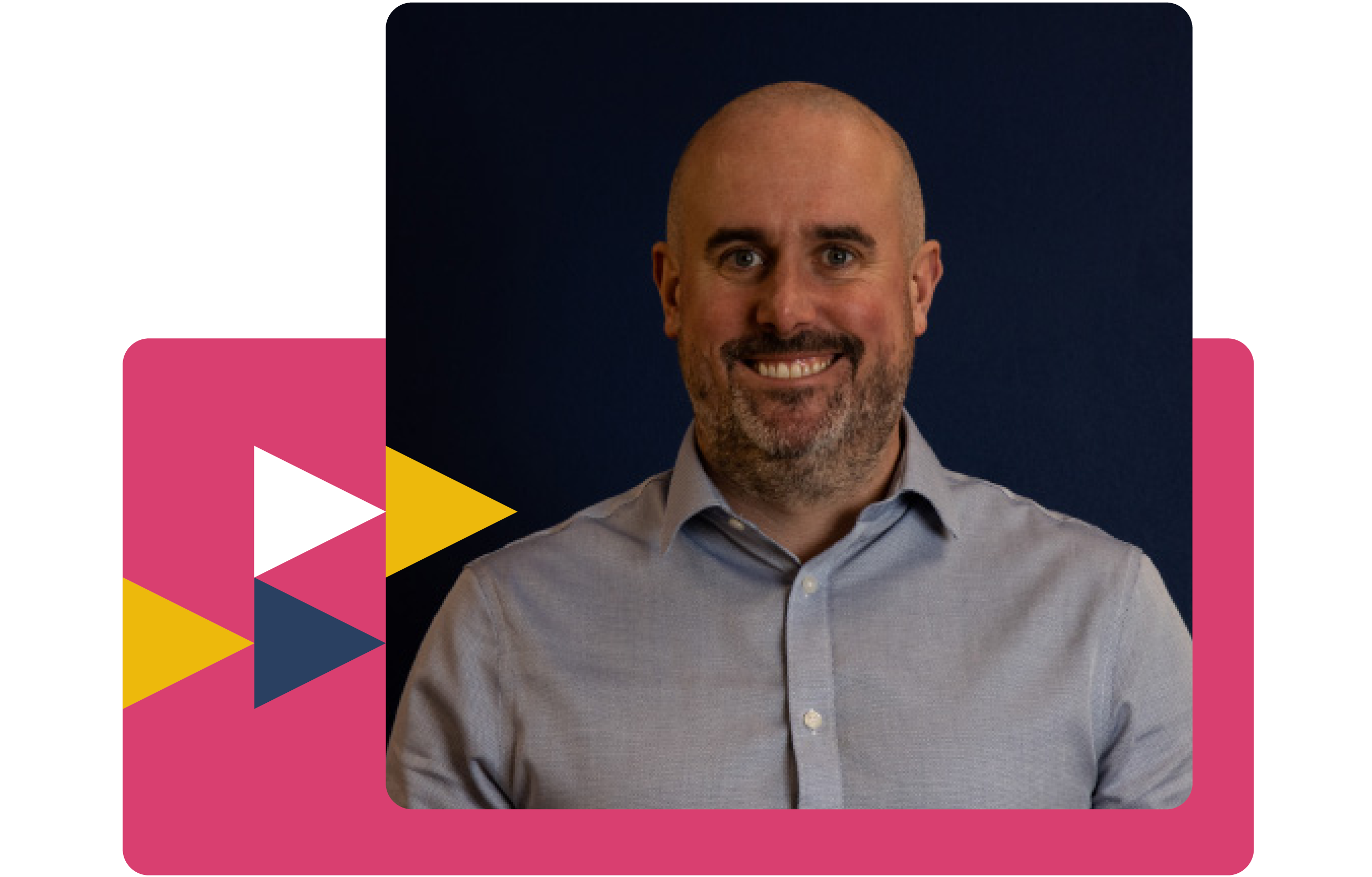At License Dashboard we are, and always have been passionate about creating and maintaining a diverse place of work. One of our employees has been working with the Women in Technology Community by building a space where women can support each other, share advice and work to narrow the gender
We asked some esteemed women within the IT industry to tell us a bit about their experiences within the workplace. Here’s what Andrea Degutsch, who currently works as a Change Consultant at Wipro Digital, said:
When did you first start in the IT industry and what drew you to it?
I started back in 2010. Technology fascinated me – and still does – as such a powerful enabler that underpins our lives left, right and center. I wanted to be part of that.
As a woman, have you faced any challenges within working environments?
Personally, I have not. But I consider myself lucky in that respect as I know of colleagues who have. In my career the deciding factors were the culture of the companies I worked for, the teams I worked in and the managers I was led by. Treating women differently would have been frowned upon in these organizations – at least in the past 10 years.
It’s now well known that a lot of industries have been highlighted due to pay gaps between men and women, do you think this is the same within the IT industry?
I believe that pay gaps still exist across all industries. From what I have seen, it very much depends on the organizational culture and values. In my previous organization, my peers and I recruited purely based on experience and skills. The budget was the budget. However, I did notice that the female candidates I interviewed were mostly on lower salaries compared to the male candidates and were asking for less of an increase upon joining our organization. I try and encourage female candidates to do some research to understand their ‘market value’ and have coached female colleagues and friends in salary negotiation techniques.
In recent years there has been an influx of women in all workplaces, but their progression is not equal to men; men are 30% more likely to be promoted to a managerial position than women. Why do you think this is and what can organizations do to prevent discrimination and maintain equality when looking at hiring, salaries and promotions?
This is a complex topic. I believe the reasons are as multi-faceted as people are. It could be linked to our past experiences and assumptions, our feeling of self-worth and entitlement. It could also be linked to lifestyle choices. I definitely observed that self-confidence played into this. When I had conversations with male colleagues, friends or even job candidates, I was often surprised by their core belief that they would be able to do a job, even if they only have a percentage of the required skill. When I spoke to women about this, the consensus was that we tend to shy away if we don’t tick all of the boxes. But again, this is a very personal experience and does most certainly not apply to all women.
What can organizations do? Promotions require seeking a proactive conversation and a level of being comfortable to talk about your own achievements. This is not something that comes natural to many of us, but it is a skill that can be learned. Equipping leaders with the ability to coach their team members and wanting them see progress through the ranks could be a good starting point (assuming that it is not the leader or the company culture that prevent the promotions in the first place).
What resources and support are available for women in IT?
Mentors, coaches, colleagues. I know there are also quite a few external companies and support forums. I find LinkedIn a great platform to connect with women outside my organization.
What’s the biggest lesson you have learnt as a women in the IT industry?
Be bold, be you.
Be bold, be you.
What is your favorite part of working in the IT industry?
Technology doesn’t stop, so there is constant change, variety and progression. Enabling the end users to get the benefits out of the available technologies is what I find most fascinating. For me, technology change is about the organizational culture, the ways of working and the people. More and more organizations understand that IT is a core part of their strategy. I look forward to seeing more CIOs on the board of an organization.
What’s the biggest professional challenge you have faced and how did you overcome it?
I once had a fabulous opportunity to lead a client project as paternity cover. I was still fairly junior at the time so it took my line manager a bit of work to convince other stakeholders to give me this opportunity to prove myself. It was the breaking point in my career as from then on, I head earned the trust of the senior leadership team and was given my own projects to lead.
Do you have any advice or words of wisdom to women starting out in the IT industry?
I don’t think the advice would be any different to anyone else starting out in a new role or industry. It can always be a bit daunting. Be you, make friends, and have fun.
Be you, make friends, and have fun.















